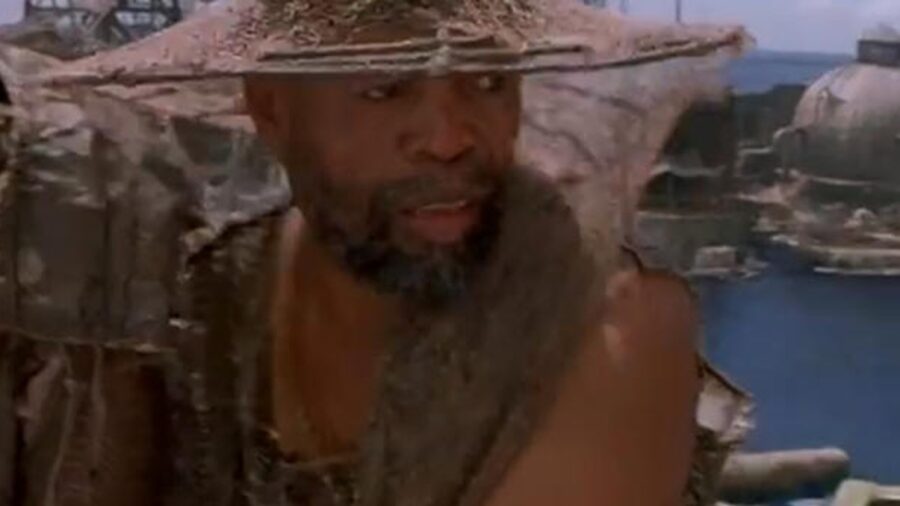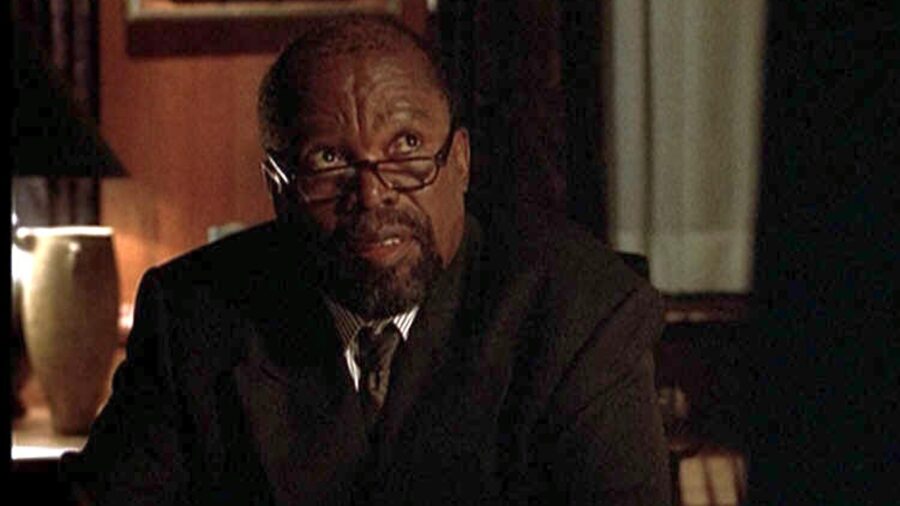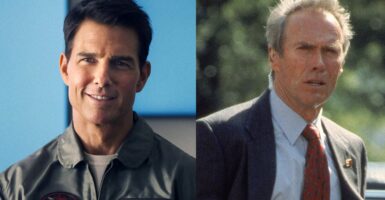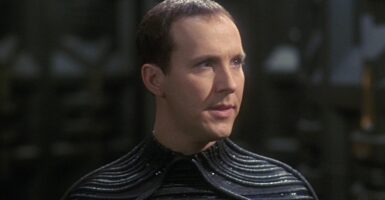Waterworld Forgotten Star Made Pivotal Racial History

Zakes Mokae is an acting legend. American moviegoers may recognize him from 1995’s Waterworld, but the actor spent most of his time on stage. The Guardian recapped the life of Zakes Mokae in a 2009 obituary, chronicling the actor’s history-making start in 1961’s The Blood Knot, the first play produced in apartheid South Africa to feature a black and a white actor on stage together.
Zakes Mokae had a small part in Waterworld, but made history decades earlier by appearing on stage in apartheid South Africa alongside a white actor.
Long before Waterworld, Zakes Mokae roamed the streets of Johannesburg. Born in 1934, Mokae grew up in the Sophiatown neighborhood. His creative leanings showed early, and he eventually joined a jazz band as a saxophone player.
In his 20s, Mokae was introduced to Athol Fugard, a young playwright looking to break through. Though Mokae was not an actor, Fugard saw potential in his new friend and cast Mokae in his plays. In 1961, the pair took the stage together to make history.
Waterworld is a fun fantasy film, but The Blood Knot is rooted firmly in reality. The play follows two brothers with different fathers. Both men are black, but one’s skin is light enough that he can enter white society.
Fugard’s work shined a light on the injustice of apartheid South Africa, a period of formal segregation that characterized the country from the late 1940s to the early 1990s. The Blood Knot was inspired by a series of real-life cases in which families were broken up after government officials separated siblings into different race groups.
Before Waterworld, Zakes Mokae was an accomplished stage star, even if he never intended to become an actor, his friendship with playwright Athol Fugard brought him into the spotlight.
It was a politically charged start for the Waterworld actor. Mokae and Fugard challenged the system with their play and eventually took their work on the road. Though they could not even travel in the same train cars, when they took the stage, the artists were equals.
In 1963, the duo took the play to London. The stay there launched their careers, and for fear of arrest, Mokae opted not to return to South Africa. He continued to work as an actor, appearing in movies like Darling and The Comedians.

In England, Mokae met Madelyn, an American woman he eventually married. The couple moved to the U.S, and while Mokae added Hollywood films like Waterworld to his resume, his prestigious career on stage was the defining stroke of his career.
He reunited with Fugard for 1970’s Boseman and Lena, which he starred in with James Earl Jones and Ruby Dee. Mokae won a Tony Award in 1982 for his work in the Broadway hit Master Harold… and the Boys, another production written by Fugard. Mokae reprised the role in a TV film adaptation of the play, starring opposite Matthew Broderick.
10 years before he starred alongside Yellowstone actor Kevin Costner in Waterworld, Zakes Mokae and Athol Fugard revived The Blood Knot at Yale Repertory Theatre before taking the show to Broadway. Mokae won another Tony in 1993 for his performance in The Song of Jacob Zulu.
Waterworld was Zakes Mokae’s largest Hollywood movie, but it came after he won multiple Tony awards for Master Harold and the Boys, and The Song of Jacob Zulu.
Zakes Mokae stayed busy, in large part thanks to his wife, who always pushed him. By the time Mokae arrived in Waterworld, he had already achieved a lifetime’s worth of success.
In his later years, Mokae served as the artistic director of the Nevada Shakespeare Company in Las Vegas. He and Madelyn bought a second home in South Africa in 2005, but Parkinson’s disease and Alzheimer’s eventually kept Mokae stateside.
Waterworld may be Zakes Mokae’s biggest Hollywood movie, but it is far from his greatest achievement. The actor passed away in 2009, leaving a legacy of historic work that helped shape a country’s history and remains relevant today.












